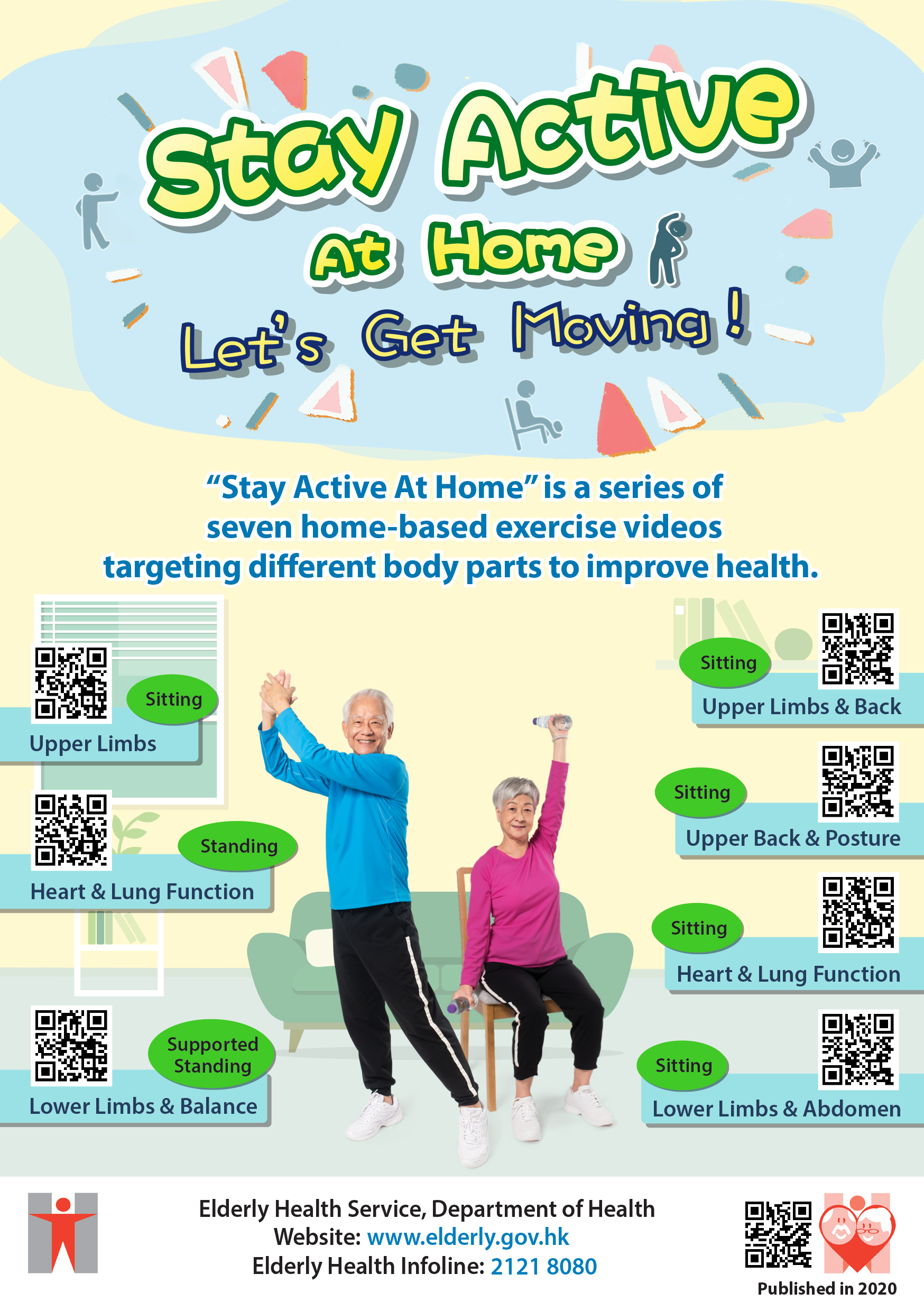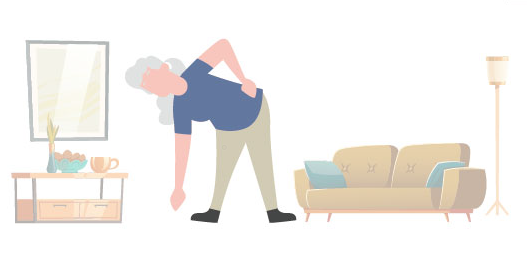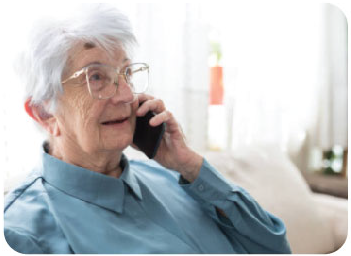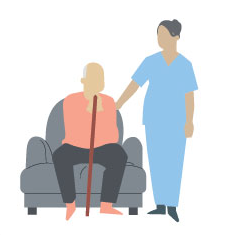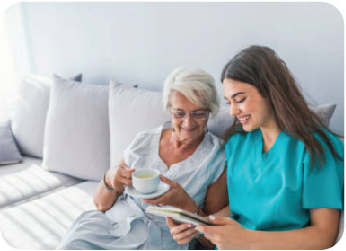Learn from
Good Practices



“Stay active at home” home-based exercise video | Hong Kong - Elderly Health Service of the Department of Health
Stay active
A series of videos were produced by the Elderly Health Service of the Department of Health to help the elderly safely and effectively keep physically active while staying at home. Designed and demonstrated by physiotherapists, the 7 videos teach exercise training of different parts of the body, which can improve health and are suitable for elderly people with different mobility levels.
Read more: Click here
COVID-19 home-based exercise video for seniors | Canada - CapitalCare Corporate Services
Stay active
A series of videos were developed to demonstrate simple exercises of fingers and hands extension as well as body stretching. These training exercises can improve muscle strength, grip strength and coordination ability which are essential for functional activities such as writing, bag carrying and cooking.
Read more: Click here
Resources bank on fall prevention | Australia – a website on safe exercise at home
Stay active
A team of Australian physiotherapists, including professionals and scholars with expertise in exercises and physical training of elderly people and people with reduced mobility, have developed a resource website providing a series of videos of simple and useful functional training exercises, in order to support the elderly to stay active while staying at home during the COVID-19 pandemic.
Read more: Click here
Exclusive opening hours for older customers | Hong Kong, Australia, Canada, Singapore, United Kingdom and United States
Provide support services for older people and carers
Many supermarkets, grocery stores and banks made special arrangements to older people to gain exclusive early access to food and services, immediately after the stores had been deeply cleaned, so that they could shop in a less crowded environment to lower their risk from getting the coronavirus.
COVID-19 Community Response Forums and Helpdesk Hotline | Ireland
Provide support services for older people and carers
Ireland’s local authority established COVID-19 Community Response Forums and Helpdesk Hotline to provide support to assist the vulnerable elderly people, including delivery of food, medicines, and transport services. A community helpdesk hotline was also established to provide support to older people on mental wellness and other services.
Read more: Click here
Psychological support service "Shall We Talk" | Hong Kong - Hong Kong Red Cross
Combat isolation
The Hong Kong Red Cross provided psychological support service “Shall We Talk” for anyone who experienced emotional disturbance because of the outbreak of COVID-19 by reservation through instant message. The service was handled by trained staff members or volunteers, with professional support from clinical psychologists. Besides, psychological support service leaflets, including “Psychological Coping During Disease Outbreak” for elderly and people with chronic conditions, were developed to support older people and people in need in managing emotions in response to the COVID-19 outbreak.
Read more: Click here
Radio Recliner online radio station | United States - Bridge Senior Living
Combat isolation
An online radio station run by residents DJs in senior living communities across the United States was created to connect elderly DJs and listeners (including family and friends of the elderly DJs) through music and live conversations. It gave the elderly residents a chance to share some of their favourite music and feel connected with the community.
Read more: Click here
Adopt a grandparent scheme | United Kingdom - CHD Living
Combat isolation
The Scheme aims to create long-lasting intergenerational friendships by pairing up young people who do not have grandparents and older people who do not have grandchildren. Volunteers (adopted grandchildren) will make calls, send emails / letters / postcards, and visit their adopted grandparents regularly in order to keep in touch with each other. In 2021, there were around 90,000 volunteers globally from United Kingdom, United States, Australia, Korea, etc.
Read more: Click here


